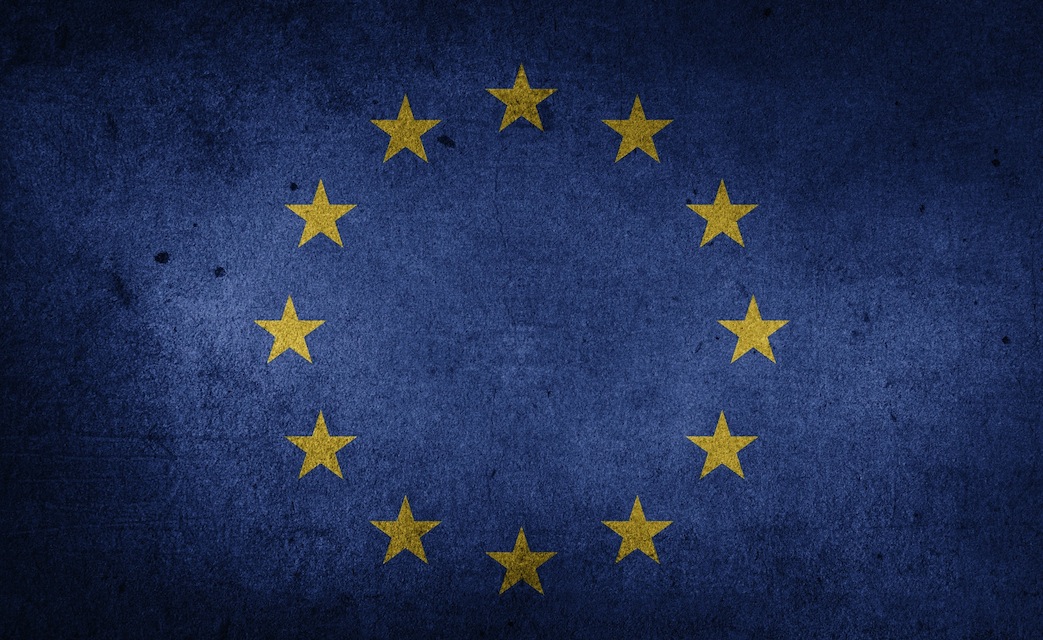Junk Explained: Will The UK Brexit Or Bremain, And What Does That Mean For Us?
This isn't about competing brands of laxatives.

Over the past few months the UK has been losing its collective mind over one, simple question: Brexit or Bremain? Despite sounding like competing brands of laxatives, they in fact reflect the two different options in today’s referendum on European Union (EU) membership. Brexiteers want the UK to leave the EU, while Bremainers want the UK to stay in.
–
Why Are They Even Having This Debate?
For most Australians the EU is the thing that makes it pretty easy to backpack across the continent. One of the main reasons the EU came into existence was to help facilitate the “free movement of goods, services and persons”. Twenty-six of the 28 members of the EU are part of something called the Schengen zone, which means they have no border controls between them. The EU’s Schengen zone is what makes it easy to catch trains between Italy, France and Germany, for example. The EU also helped facilitate the Euro currency, which means you no longer need stacks of francs, lira or Deutschmarks if you’re travelling.
Despite being a member of the EU, the UK isn’t actually a part of the two things most of us would commonly associate with it. They aren’t in the Schengen zone (though EU citizens still have the right to travel and work in the UK) and they still use the pound, not the Euro.
–
What Is Their Beef With The EU?
The answer, unsurprisingly, is politics. After the global financial crisis hit in 2007 discontent amongst UK citizens with the EU started to grow. In the 2009 EU election the UK Independence Party (UKIP), whose primary agenda is agitating for the UK to quit the EU, came second. Since then, more UK citizens have expressed unhappiness at high levels of immigration and the fact that the EU has the authority to make laws that override local, UK law.
In the 2014 EU elections UKIP capitalised on discontent with the Union and came first, drawing away millions of voters from the governing Conservative Party. The Conservatives, especially Prime Minister David Cameron, started freaking out about UKIP and promised to hold a referendum on the UK’s membership of the EU. This February the PM announced the referendum would be held on June 23 and would consist of one, simple question: “Should the United Kingdom remain a member of the European Union or leave the European Union?”. Voters can choose two options: Leave (Brexit) or Remain (Bremain).
Despite the fact that the Prime Minister, the Labour opposition and most political parties support the UK staying in the EU, the campaign has been incredibly close hard and fought. The Brexit camp is led by UKIP’s leader Nigel Farage and a number of senior Conservative Party MPs, including the former Mayor of London Boris Johnson. Yep, this guy:

The biggest issues in the campaign have been immigration and the sovereignty. The pro-Brexit camp argues that staying in the EU means the UK has little control over migrant numbers, and that UK parliament has less power to make laws. The Bremain campaign argues that leaving that EU won’t magically make the immigration crisis disappear and that in a globalised world the UK should work with like minded countries across Europe to make laws.
The campaign has gotten pretty intense in the lead up to the referendum. Bankers have started panicking about a potential economic collapse if the UK votes to leave and other European countries have threatened to punish the UK if it quits the EU.
The most dramatic episode of the campaign occurred last week when competing flotilla’s, helmed by Nigel Farage and Bob Geldof (yes, that Bob Geldof) battled on London’s Thames river. The competing armadas yelled abuse at each other for a few hours until police intercepted them.
It’s just like Dunkirk, if Dunkirk had consisted of 30 idiots having a pub argument. #flotilla pic.twitter.com/RuBRukmOI9
— The Web of Evil (@webofevil) June 15, 2016
–
What’s The Likely Outcome, And How Will This Affect Us?
It’s been fun and games for the past few months but it will all officially come to a head later this morning. Despite intense storms and flooding, millions of Brits have lined up to cast their votes. Results are expected around mid-afternoon today on the Australian east coast, however some Brexit campaigners are already conceding defeat based on a higher than expected turnout and a late polling swing back to Remain.
If the UK decides to stay in the EU it will pretty much be business as usual. But it’s a brave new world if Brexit wins the day. David Cameron is expected to lose the Prime Ministership (probably to Boris Johnson), there’s the threat of economic collapse and Australians who are dual citizens of EU countries like Italy and France will find it much harder to live and work in the UK.
Malcolm Turnbull has tried to link the Brexit debate to Australia’s election, arguing that economic uncertainty caused by the UK leaving the EU means we need “Strong economic leadership”, presumably provided by him. In reality it’s pretty unlikely that Brexit would have much of an impact on Australia.
In just a few hours we’ll find out which way the UK has voted. Finding out what the actual consequences of that decision are will probably take a lot longer.
–
Osman Faruqi is a Sydney based writer and broadcaster. You can follow him on Twitter at@oz_f.